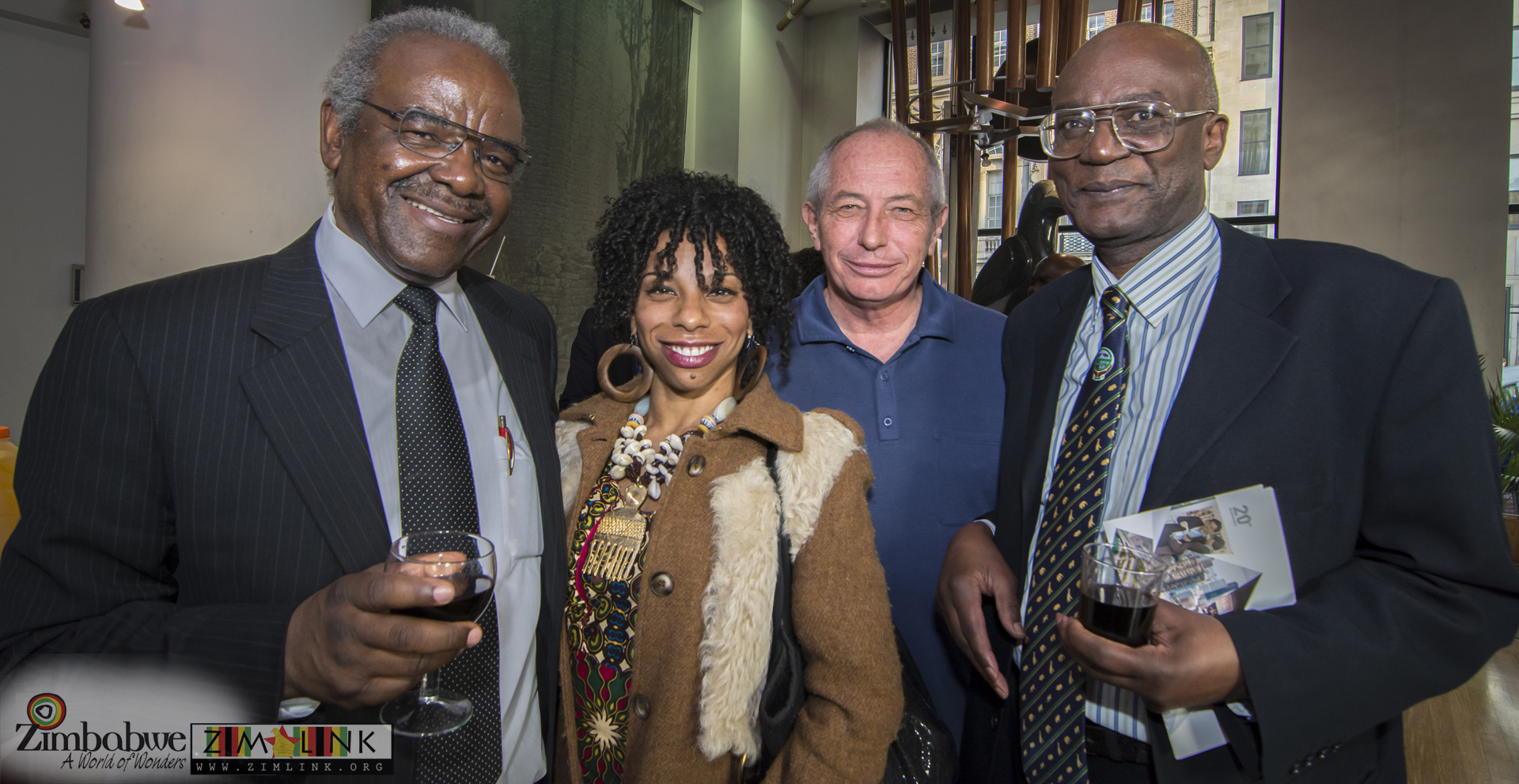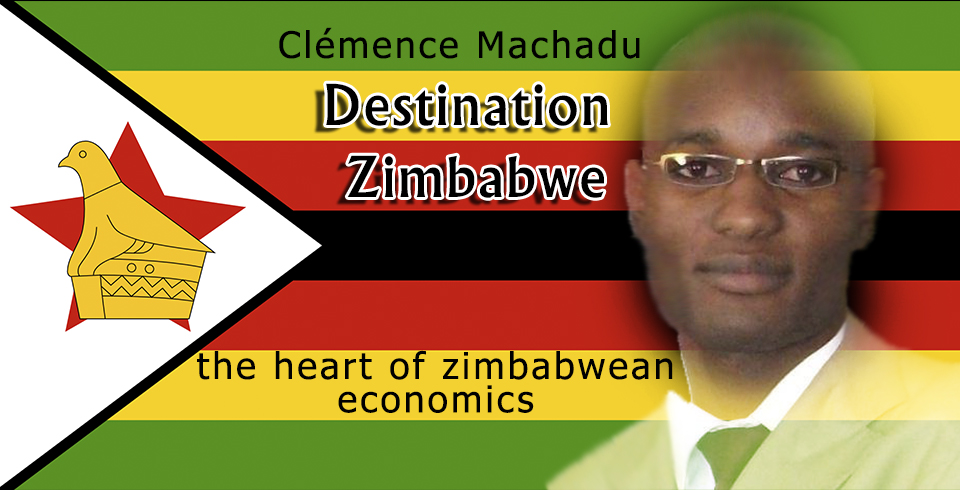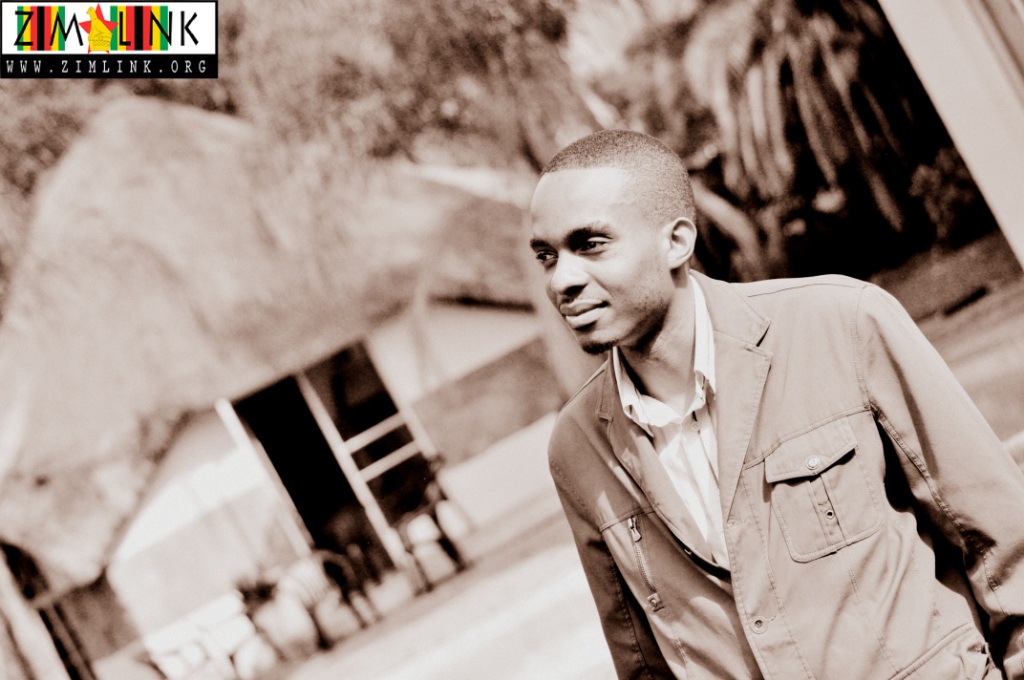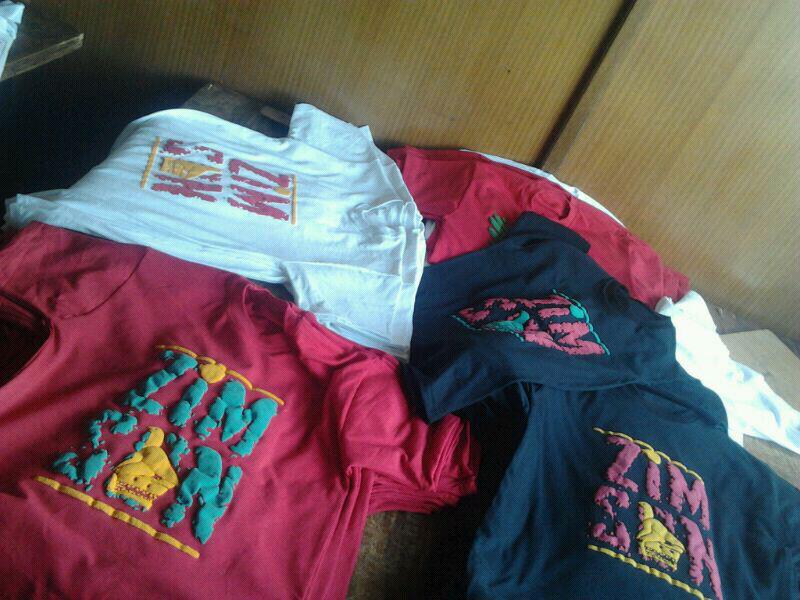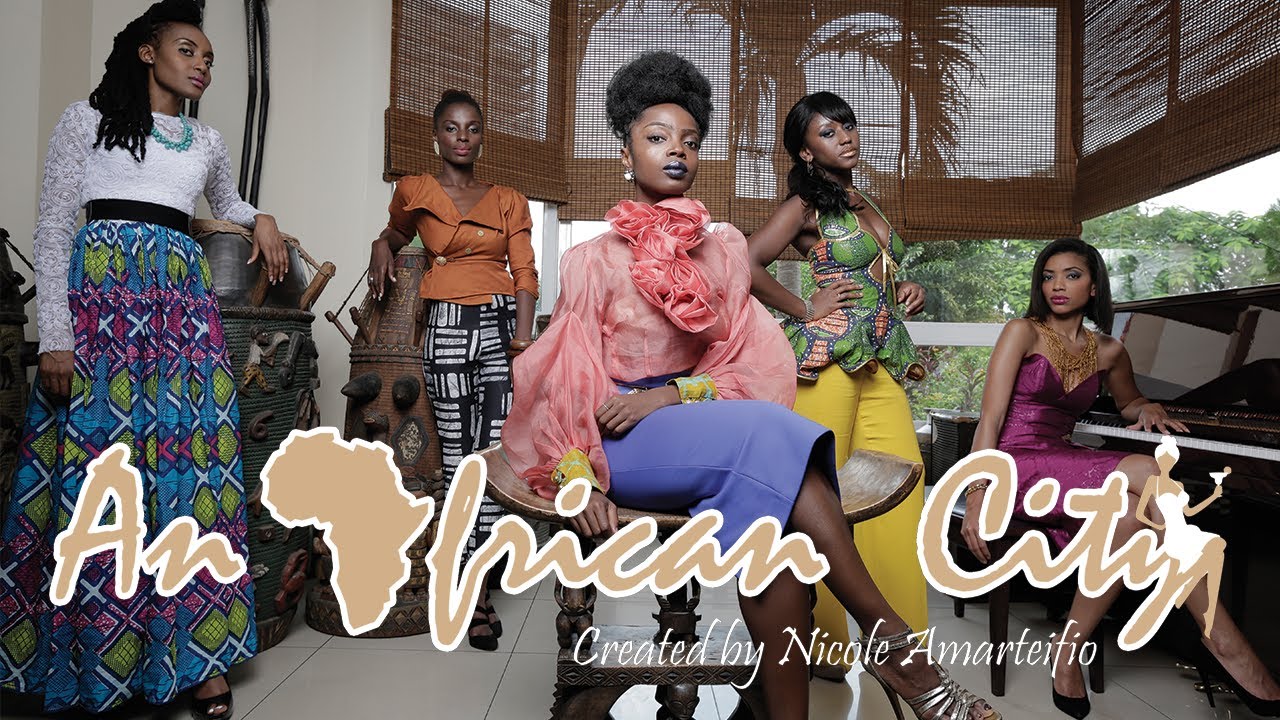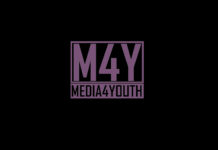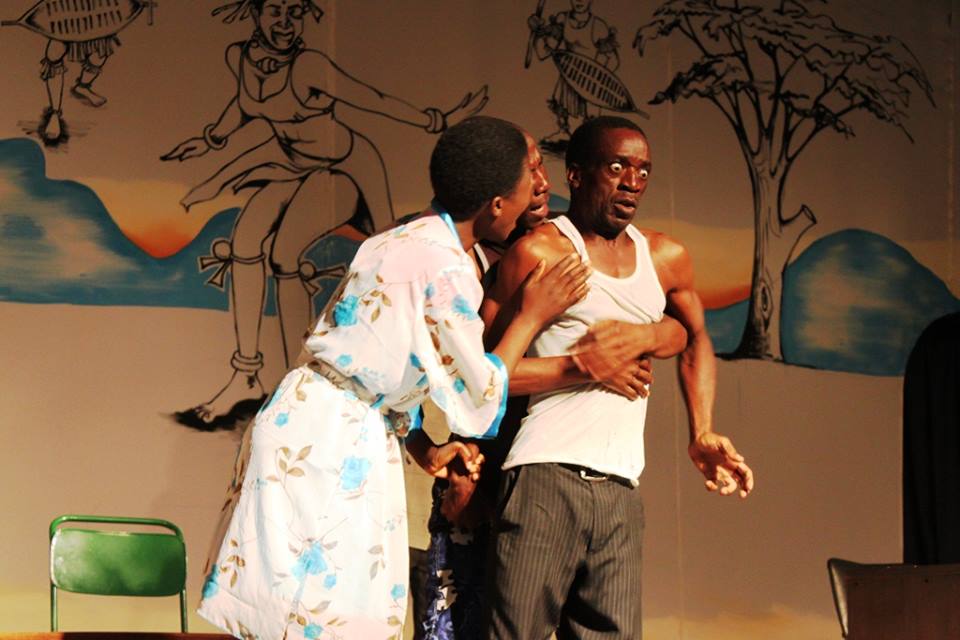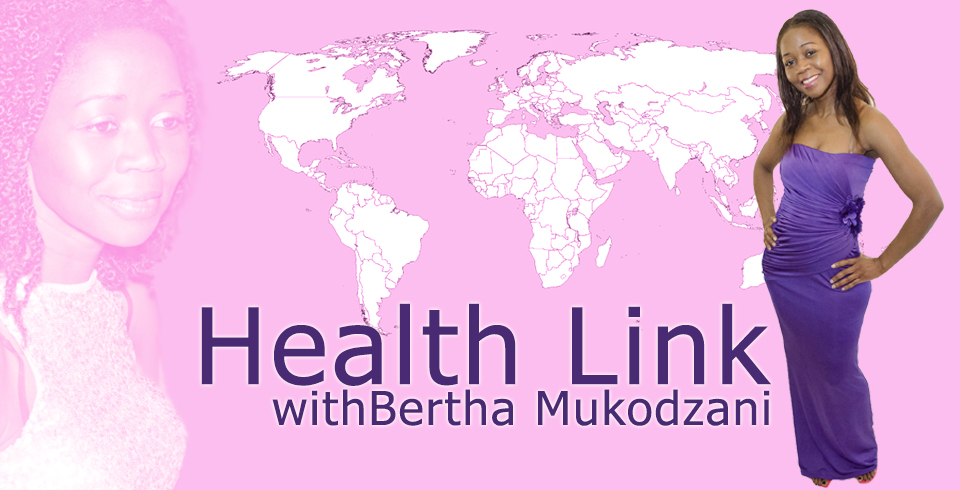The Zimbabwean narrative is often unwittingly misconstrued by those who have never visited the nation – a world of wonders. I remember a friend of mine, Walter, from the neighbouring South Africa. He visited Zimbabwe in June this year to attend an annual arts festival. Little did I know that he had his own fears before he came. He had to later confess, upon his return to South Africa, through a WhatsApp message that goes: “The mere mention of the name ‘Zimbabwe’ used to spark erroneous connotations that are far removed from the reality I saw when I visited. I thought it was an unsafe place, with violence rampant in the streets and tangible poverty. To my surprise, Zimbabwe is an awesome country. The people are friendly, there is peace – I could walk anytime of the night to my hotel room – by just looking at the happy people walking in the city sidewalks, I could tell that goo things are happening.” If Walter from just a neighbouring country had all these wrong preconceived notions about Zimbabwe, what more of someone as far as the Far East, or Europe, or the Americas? I wondered!
Walter’s story didn’t surprise me though. I had already met people with erroneous impressions about Zimbabwe during my stint in Lusaka, Zambia. The year was 2011, when implementation of the indigenisation policy was gathering momentum. I had a lunch meeting at COMESA headquarters and many colleagues who sat at the table with me wanted to know why Zimbabwe was implementing this “draconian” policy. “Why would your government just come and grab 51 percent of a foreign investor’s capital for free?” asked one colleague. “Are you guys serious about foreign investment?” weighed in another colleague. The entire table, packed with angry colleagues, could not give me time to respond, as they kept on firing their salvos at me, randomly.
I had to raise both my hands, as I sheepishly attempted to signal my colleagues to allow me to respond. They had a wrong understanding of the policy. I had to explain to them in simple terms that “whatever amount the foreign investor brings, no cent of it is taken by anyone; the money is just treated as 49 percent so that the indigenous people can raise their own money to meet the 51 percent thresholds.”
In view of the above, I believe that there are many people outside Zimbabwe who might be like my friend Walter, or my good colleagues I had lunch with at COMESA, three years ago. However it would not only be unfair but also impossible for every person like that to visit Zimbabwe in order to experience the Damascene encounter. The whole world may not be able to visit Zimbabwe.
It is however my hope that, through this platform, we will be able to share experiences about the Zimbabwean economy as well as business developments.
In this instalment, my point of departure is to just share some of the facts that you may not know, or know already, about Zimbabwe. And by the way, you might have wondered why I earlier said: “Zimbabwe – a world of wonders.” That is the country’s national tourism brand.
Did you know that Zimbabwe is the richest country on planet earth, in terms of natural resources per person? This was proven by the International Monetary Fund, in its Natural Resources Per Capita Index report.
Zimbabwe is highly endowed with mineral and other natural resources. We have the largest reserves of diamonds in the world, with reports indicating that we control about 30 percent of the world’s diamond reserves.
We also have the largest known reserves of coal-bed methane, apart from being the holders of the second largest platinum reserves in the world. Our platinum is estimated to be 2.8 billion tonnes, with an estimated extraction life of 1,167 years.
Apart from the above, there are about 40 other mineral products that Zimbabwe currently produces, including gold, chromite, nickel, coal, iron ore, copper and others.
One amazing thing about Zimbabwe is that it has the highest literacy rate in Africa, at 90 percent, according to the United Nations Development Programme. Higher than that of South Africa, or Tunisia, or Egypt, or Kenya or even Nigeria.
In August last year, Zimbabwe hosted the United Nations World Tourism Organisation General Assembly in the majestic town of Victoria Falls, jointly with Zambia. (Victoria Falls is the seventh tourism wonder in the world). At the same ocassion, Zimbabwe assumed the presidence of the UNWTO General Assembly, as well as chair of the African Commission.
In 2012, Zimbabwe was said to have the second fastest tourism economy in the whole world, after China, following the release of statistics by the World Travel and Tourism Council that tourism contribution to Zimbabwe’s gross domestic product will average 8.2 percent for the next decade.
Zimbabwe holds leadership roles in the region, and currently chairs the Southern African Development Community. Next year, Zimbabwe will also chair the African Union.
Zimbabwe has a wonderful climate, both for agricultural purposes and to live in. The International Living Magazine’s 2011 Quality of Life Index highlighted that Zimbabwe has the best climate on earth, scoring 100 percent. Even Cecil John Rhodes, the man who led the colonisation of Zimbabwe, then Rhodesia, suffered from ill-health all of his life while in England. He had to be sent to come and live here so that the good climate would benefit his fragile health.
Time and energy will not permit me to exhaust the narrative of Zimbabwe. In my future discourses, I hope to discuss topical economic issues about Zimbabwe. I will highly appreciate feedback from everyone or pointers on issues I should touch on.
By Clemence Machadu

